Making the list of the oldest countries in the world is not an easy task. First you have to start by defining the rules. For example: can we consider the ancient Roman Empire as a country? Can we talk about countries that no longer exist? And how to consider Greece, which, before being a country, was a region where there were several independent cities, as in the case of Italy?
That is why we have chosen to follow as the main criterion the date of independence together with data collected in the prestigious The World Factbook of the CIA.
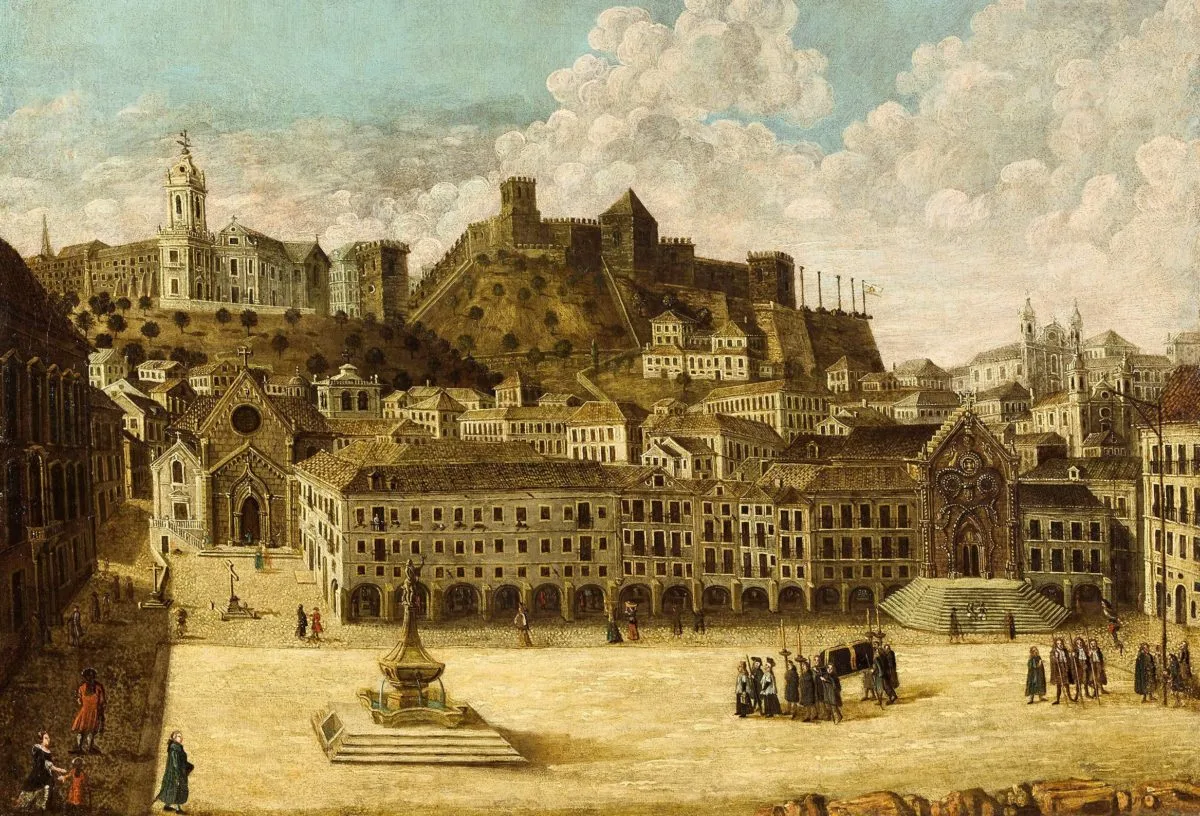 |
| The 15 Oldest Countries in the World |
However, this list can be subjective and, therefore, some countries deserve a special mention: Greece, Italy and Germany are recent countries although with very old cultures and this because, before being countries, each of them was only a sum of several independent city-states.
Egypt was one of the oldest countries in the world, but it was under the rule of foreign empires for so long that, when it became an independent country again, almost nothing was left of its original culture. These are the oldest countries in the world.
15. Andorra - Independence in 1278
 |
| Andorra, Oldest Country in the World |
Andorra is one of the smallest countries in Europe and is located between the Spanish and French border. Its total population is 85,702. There are 49% of the local population, 24.6% Spanish, 14.3% Portuguese and 3.9% French. This multicultural country has an official language, and it is Catalan. However, due to the mixed population, other languages are used as well. It had independence in 1278.
14. Thailand - Independence in 1238
 |
| Thailand, Oldest Country in the World |
This country has a total population of 68 million people. Thai is the ethnic group that is prevalent in this country, with 97.5% of the population. Burmese are a minority at 1.3%. According to the World Factbook report, Thailand has a higher death rate due to AIDS, which may further result in a shorter life expectancy. The country's population is largely rural, concentrated in the rice-growing areas of the central, northeast, and northern parts of the country.
13. Mongolia - Independence in 1206
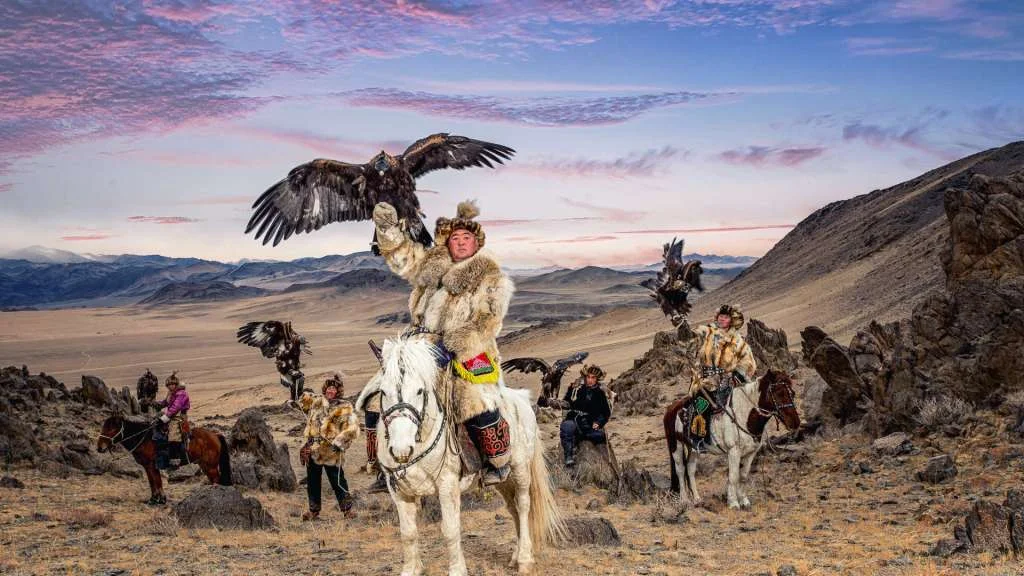 |
| Mongolia, Oldest Country in the World |
According to Factbook Report 2017, there are around 3 million people in Mongolia. This country has many ethnic groups. However, the majority is Khalkh with 81.9%. The Mongols are best known to history for their conquests. In the 13th century, they spread the Mongol Empire across most of Eurasia. Besides Mongolia, they also live as minorities in other regions of China and Russia. Wherever they are they are united by a common heritage and ethnic identity. Their dialects are known as their language, Mongolian. Their ancestors are known as Proto-Mongols.
12. Portugal - Independence in 1139
 |
| Portugal, Oldest Country in the World |
The total population of Portugal is more than 10 million. They share a common culture and speak Portuguese as their primary language. The predominant religion of this country is Christianity, mainly Roman Catholicism. The Portuguese were one of the pioneers of the age of exploration, when many countries in the Americas, Africa, Asia, and Oceania were "discovered." Portugal is an increasingly popular tourist destination and destinations such as Lisbon, Porto, Alentejo, Algarve, Madeira and the Azores Islands attract more visitors year after year.
11. Hungary - Independence in 1000
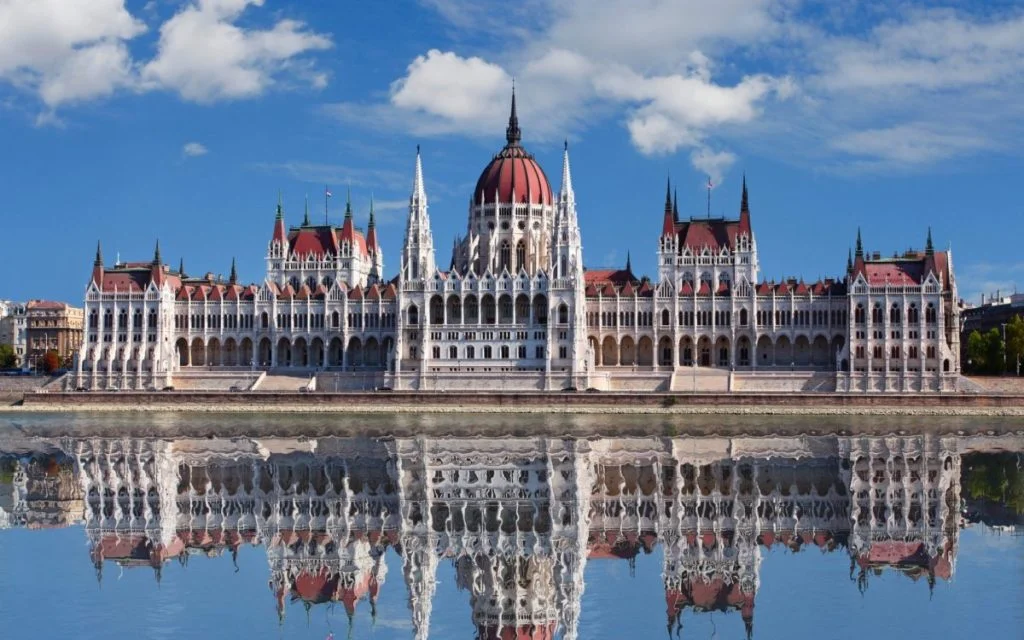 |
| Hungary, Oldest Country in the World |
Hungary's total population is over 9 million. Hungarians are also known as Magyars and they are not just an ethnic group, but a nation. Many groups of people with Hungarian descent live in various parts of the world such as the United States, Canada, Germany, France, among others. Furthermore, the Hungarian people have various subgroups, depending on their local linguistic and cultural characteristics. Some of them are the Székelys, Csángós, Palóc and Jász people.
10. Austria - Independence in 976
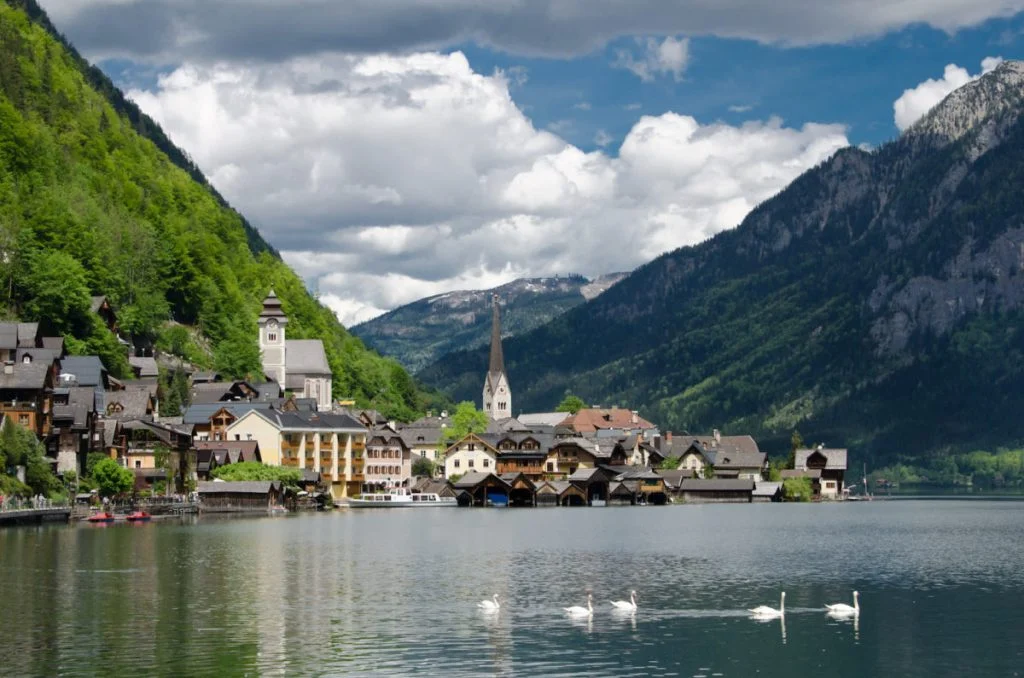 |
| Austria, Oldest Country in the World |
The total population of Austria is more than 8 million people. The origins of modern Austria date back to the time of the Habsburg dynasty when most of the country was under the Holy Roman Empire. After the collapse of the Habsburgs, Austria used the name of the Republic of Germany-Austria, which was later banned under the two treaties, Versailles and Saint-Germain-en-Laye. So after that the name changed to Austria.
9. Denmark - Independence in the 8th century (800-701)
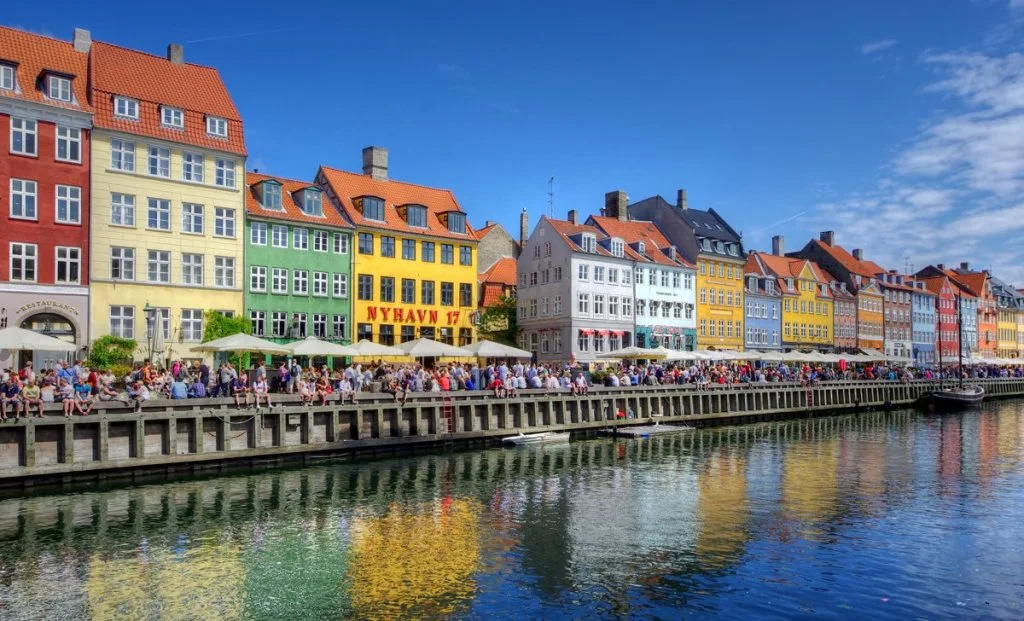 |
| Denmark, Oldest Country in the World |
Denmark has a total population of 5 million people. The Danish people are considered one of the happiest in the world. They enjoy a high standard of living and high values in relation to education, health, protection of civil liberties and democratic government. Furthermore, Denmark is known for having the largest social mobility brand globally.
8. France - Independence in 846
 |
| France, Oldest Country in the World |
Of the 67 million people, the French are the largest ethnic group in this country. Throughout history, the French people included the populations of Gauls, Latins, Franks, among others. In the 19th century there were many migrations and the government advocated assimilation through which immigrants had to adhere to French values and cultural norms.
7. Serbia - Independence in 768
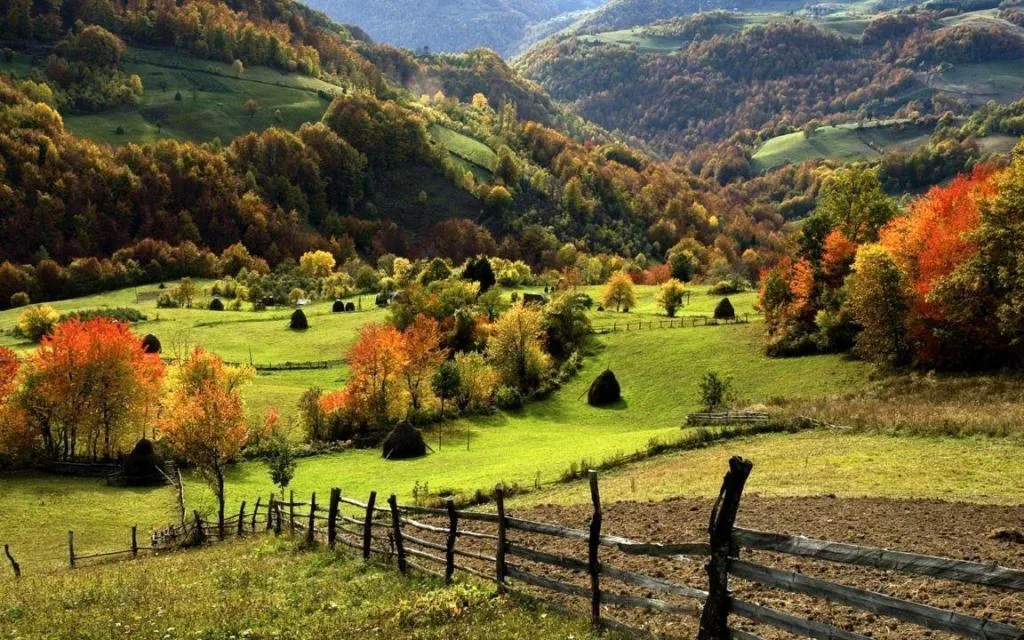 |
| Serbia, Oldest Country in the World |
Serbia is a special case on this list. Its independence came from the moment the principality of Serbia was formed. However, this region was always under the influence of various empires, such as the Ottoman Empire. The Serbian people ended up never losing their identity despite long centuries of foreign occupation thanks to the Orthodox religion and the Cyrillic alphabet that they adopted and that always differentiated them from the invaders. Different religion and alphabet contributed to a common identification and rebirth of Serbia as a nation many centuries later.
6. San Marino - Independence in 301
 |
| San Marino, Oldest Country in the World |
San Marino claims to be the oldest country in the world, having been founded on September 3, 301 by Marinus de Rab. Legend has it that Marinus left Rab, then a Roman colony, in 257, when the future emperor, Diocletian, issued a decree requesting the rebuilding of the walls of the city of Rimini, which had been destroyed by Lebanese pirates. Despite not being highly industrialized, San Marino has one of the highest per capita income in Europe. Tourism is the main source of income for the country, due to its proximity to the port of Rimini, on the Adriatic Sea. Other sources of income are banks, electronic products and ceramics. Vineyards and cereals are grown and sheep are raised in the fields.
5. Armenia - independence in 190 BC. C.
 |
| Armenia, Oldest Country in the World |
In 600 BC, the kingdom of Armenia was established under the Orontid dynasty, which existed under various dynasties until 428. The kingdom reached its greatest size between 95 and 66 BC in the reign of Tigranes, the Great, becoming in one of the most powerful kingdoms in the region. Throughout history, the kingdom of Armenia enjoyed periods of independence alternated with periods of submission to contemporary empires. Armenia, due to its strategic position, located between two continents, was subjected to invasions by various peoples, including Assyrians, Greeks, Romans, Byzantines, Arabs, Mongols, Persians, Ottoman Turks and Russians. In 301, Armenia became the first officially Christian country in the world, taking as the official state religion.
4. China - Independence in 221 BC C.
 |
| China, Oldest Country in the World |
In this highly populated country, more than a billion people, from many ethnic groups, the most present is the Han people with 91.6%. Throughout the history of this nation, there were many dynasties that were predominantly imperial. This fact is also evident from the size of today's territory of China. The last dynasty ruled until 1912 when the country was established as a republic.
3. Iran - Independence in 550 BC. C.
 |
| Iran, Oldest Country in the World |
The country is home to one of the oldest civilizations in the world, beginning with the formation of the kingdom of Elam in 2800 BC. Iran reached the height of its power during the Achaemenid Empire, founded by Cyrus the Great in 550 BC and which, to its greatest extent, comprised large parts of the ancient world, stretching from the Indus Valley in the east to the Thrace and Macedonia, on the northeast border of Greece, becoming one of the largest empires the world has ever known.
2. Japan - Independence in 660 a. C.
 |
| Japan, Oldest Country in the World |
The first time Japan was mentioned is in 1st century AD texts of Chinese history. C. And, in addition to influences from other regions, China further influenced the formation of Japanese history. The 2 main religions in this country are Shinto with 51.82%, and Buddhism with 34.9%. Japan is then a leading position in this selection, of the 15 oldest countries in the world.
1. Ethiopia - Independence in 980 BC. C.
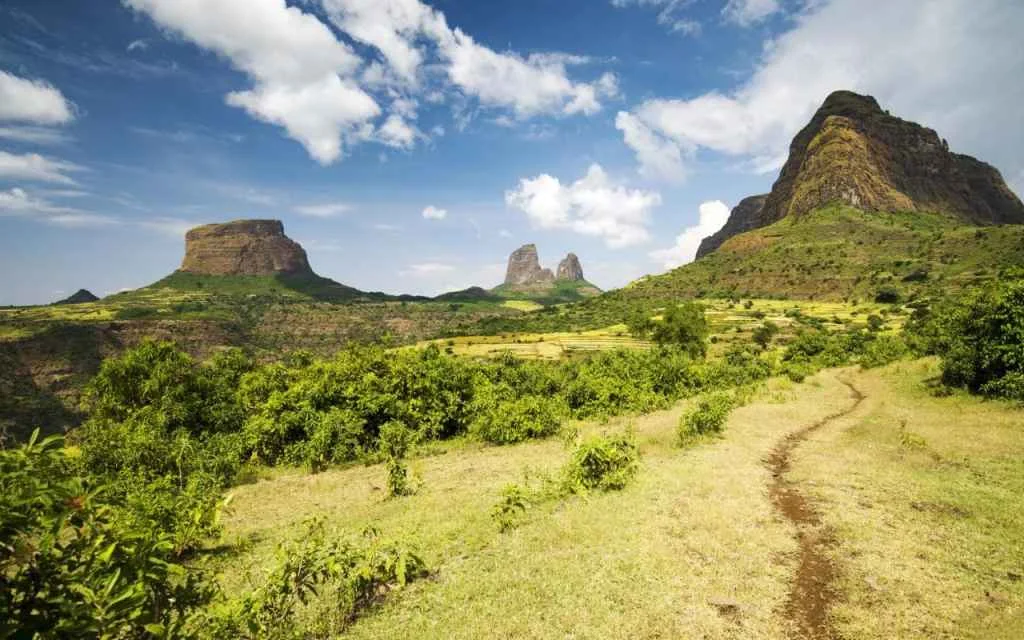 |
| Ethiopia, Oldest Country in the World |
Ethiopia is an African country, being one of the oldest in the world. It is the second most populous nation in Africa and the tenth largest in area. Considering that most African states are much less than a century old, Ethiopia has been a continually independent country for many centuries. In addition to being a very old country, Ethiopia is one of the oldest sites of human existence known to scientists today who study the oldest features of humanity; potentially being the place where Homo sapiens originated.
